If you’re new to pickleball or even if you’re a seasoned player, it’s essential to understand the rules. One rule that’s often misunderstood is the double bounce rule. This rule, while simple in concept, can have a significant impact on your gameplay.
The double bounce rule in pickleball is a fundamental regulation that every player must master. It’s not just about knowing the rule, but understanding how to use it to your advantage. This rule can be the difference between winning or losing a game, so it’s crucial to get it right.
In this article, I’ll be diving deep into the double bounce rule. We’ll look at what it is, why it’s important, and how it can impact your pickleball game. Whether you’re a newbie or a pro, this is one rule you can’t afford to overlook.
What is the Double Bounce Rule in Pickleball?
Before we delve deep into strategy and tactics, it’s crucial we understand the basic rules of pickleball. A prominent rule that transforms the entire dynamic of the game is the Double Bounce Rule.
The double bounce rule, often referred to as the “two-bounce rule”, is a fundamental part of pickleball. It’s a rule that mandates each team must play their first shot off the bounce. In simpler terms, when the ball is served, the receiving team must let it bounce once before hitting it back over the net. The serving team must also let it bounce once before returning the shot. This way, the ball must bounce one time in each court.
This means that volleying – hitting the ball before it bounces – is not allowed on the serve or return of serve. Consequently, this rule ensures a level playing field and keeps intense volley exchanges at bay, allowing for longer rallies and strategic play. The double bounce rule prevents aggressive play or slam shots right from serve, making the game more about skill and less about speed.
To underscore the importance of the rule, failing to observe the double bounce rule results in a fault. A fault causes a loss of service or scoring opportunity, for the offending team.
Let’s break this down further:
| Action | Description |
|---|---|
| Serve | The serving team must hit the ball into the opponent’s court and let it bounce once |
| Return | Receiving team must allow the ball to bounce once before returning |
| Fault | Hitting the ball before bouncing during serve or return results in a loss of service or potential scoring |
While understanding the double bounce rule might be straightforward, its implementation is what refines the art of pickleball. In the following sections, we’ll explore the strategic elements this rule adds to the game and its impact on gameplay. From positioning to shot selection, you’ll soon see how this simple rule shapes the way pickleball is played.
Understanding the Importance of the Double Bounce Rule
Many folks ask, “Why is the double bounce rule vital in pickleball?” The simple answer is that it sets the tempo and dynamics of the game. Without the double bounce rule, pickleball wouldn’t be nearly as strategic or fun.
First, the double bounce rule stops the serving team from rushing the net and smashing the returned serve for a winning shot. That provides the receiving team a fair chance to step in the game. It also ensures a level playing field by preventing the serving team from gaining an immediate upper hand. As such, it’s the heart of the very spirit which pickleball was built upon — a sport for all ages and skill levels.
Second, the rule encourages volleying (hitting the ball before it bounces) later. After the initial two bounces, players can volley the ball. It adds an exciting dimension to pickleball, different to other racket sports. The possibility of volleys promotes quick reflexes and strategic shot placements.
The effect of this rule on gameplay is profound. It establishes the pace of the match and sets pickleball apart from other paddle sports such as tennis or ping pong. It also increases the duration of rallies, resulting in more play and fun.
Here’s a quick breakdown of how the double bounce rule impacts the game:
| Effect | Without Double Bounce Rule | With Double Bounce Rule |
|---|---|---|
| Game Tempo | Very Fast | More Controlled |
| Volleys | Limited | Encouraged |
| Game Duration | Shorter rallies | Longer rallies |
| Fun | Less Interaction | More Interaction |
Understanding the importance of the double bounce rule helps players appreciate the game’s uniqueness. It isn’t merely an arbitrary rule; it’s fundamental to the strategy, excitement, and inclusivity of pickleball.
How the Double Bounce Rule Impacts Your Pickleball Game
In diving into how the double bounce rule impacts your pickleball game, it’s vital to understand how the rule actively shapes the dynamics of each match.
First off, the rule sets the tempo of the game. It eliminates the chance for the serving team to rush their opponents with a quick follow-up. By requiring both teams to first let the serve and the return of serve bounce, it paces the game, brings a level of fairness, and helps avoid a rapid-fire style of play. This means as a player, you must adapt to this deliberate rhythm, better planning your moves and strategies with each bounce.
The double bounce rule also affects volleying in pickleball. Volleying is striking the ball before it hits the ground. But remember, due to the double bounce rule, you cannot volley the ball before it has bounced once on each side. So, the rule really adds another layer of complexity and strains your quick reflexes. It ups the ante and demands precise shot placements, making pickleball an exciting sport to play and watch.
On top of this, the rule impacts game duration. Games are not as fast-paced due to the double bounce rule. Allowing the ball to bounce twice before volleying play prolongs the rallies, thus extending the length of the match. This provides the added benefit of extending the fun, more playing time for everyone involved.
Given all this, the rule underpins the unique balance in pickleball. It cultivates a level playing field, promotes strategic playing, and enhances the thrill of the game. As such, understanding its impact allows players a chance to appreciate the inclusivity of pickleball.
To best wrap one’s mind around the double bounce rule, I’ve compiled a compact overview of its impacts in the following markdown table:
| Impact | Effect |
|---|---|
| Tempo | Controls game pace and brings fairness |
| Volleying | Encourages precise shot placements and boosts reflexes |
| Game Duration | Lengthens play time, prolonging excitement |
| Overall Balance | Fosters a strategic and thrilling game environment |
Having gone through the double bounce rule’s impacts, it’s evident that the rule does more than just dictate play.
Your ability to master its ins and outs can greatly enhance your pickleball skills and overall enjoyment of the game.
Mastering the Double Bounce Rule for Winning Gameplay
Conclusion
Mastering the double bounce rule in pickleball isn’t just about following the rules, it’s a game-changer. It’s the heart of strategic gameplay, impacting the pace, volleys, and length of each match. It’s not just about winning, it’s about enhancing your pickleball skills and taking pleasure in the game. So next time you step onto the court, remember the double bounce rule. It’s more than a rule, it’s the key to a thrilling pickleball experience.

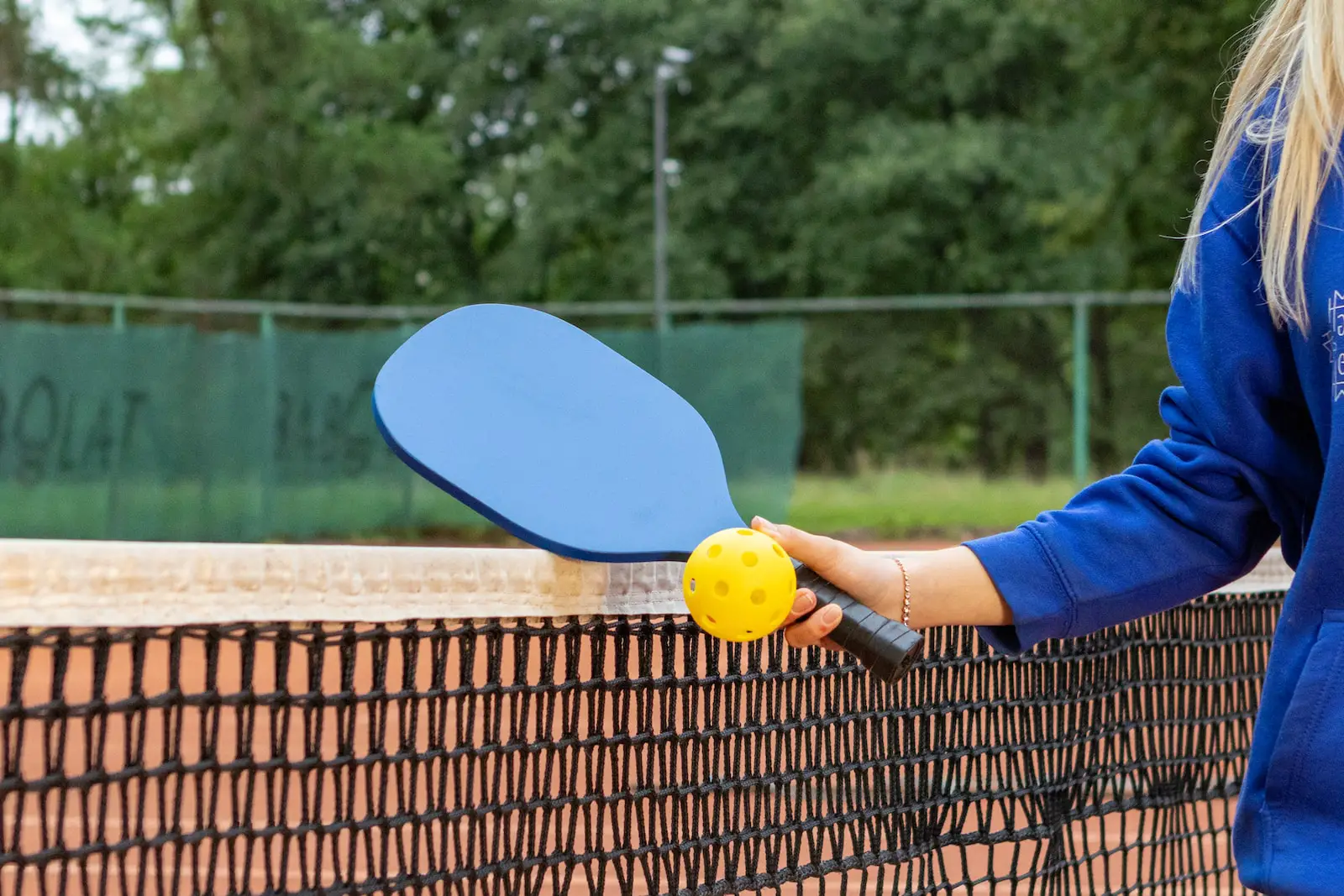






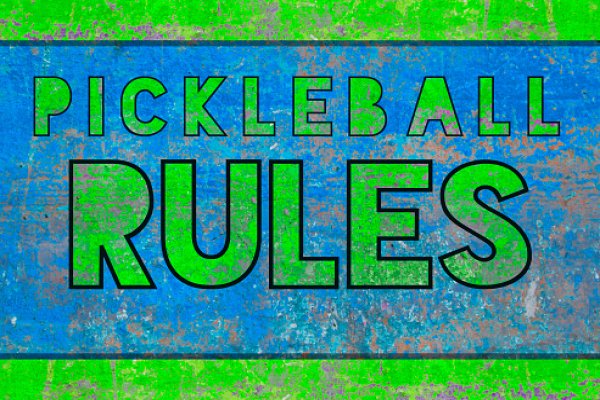
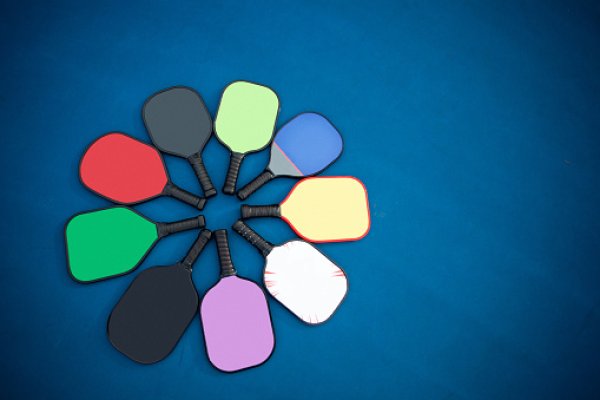
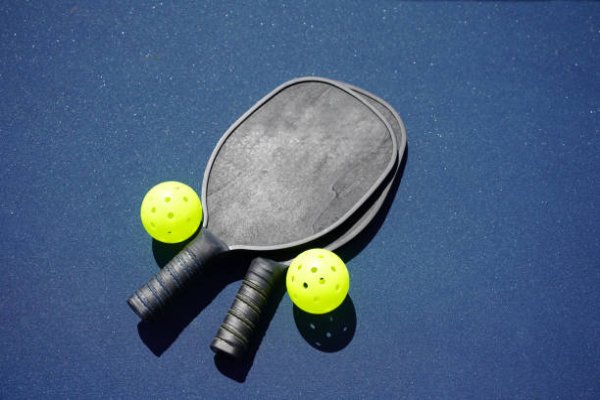

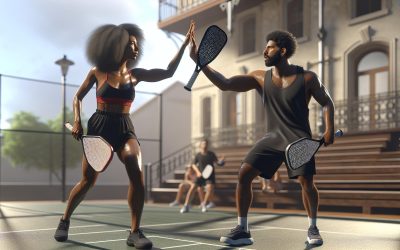

0 Comments